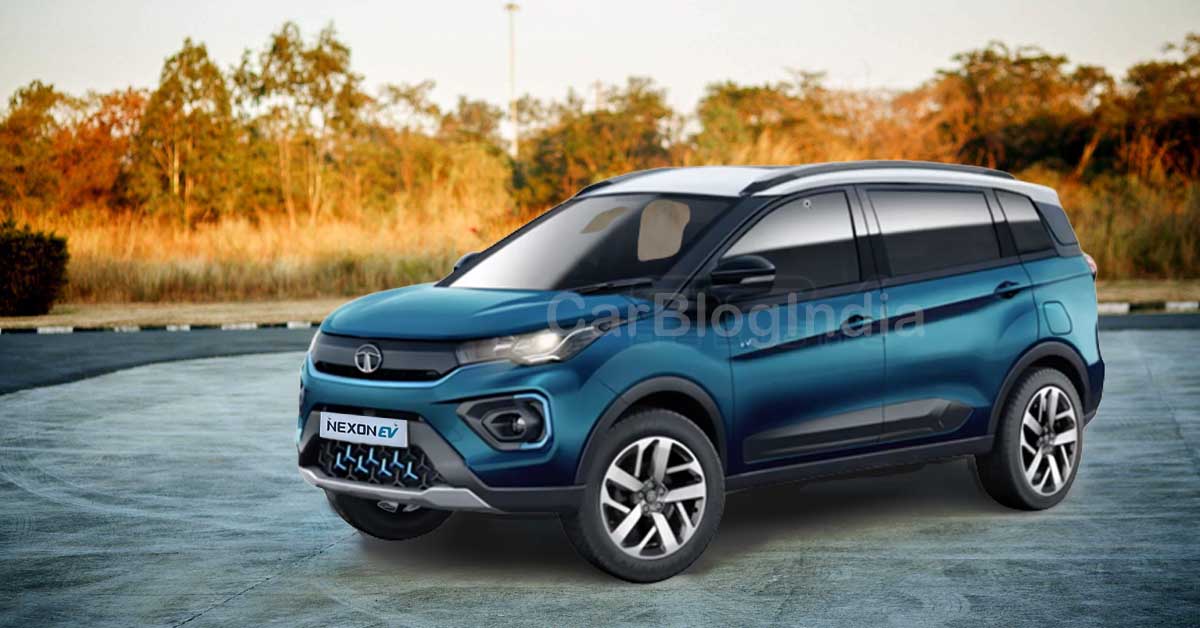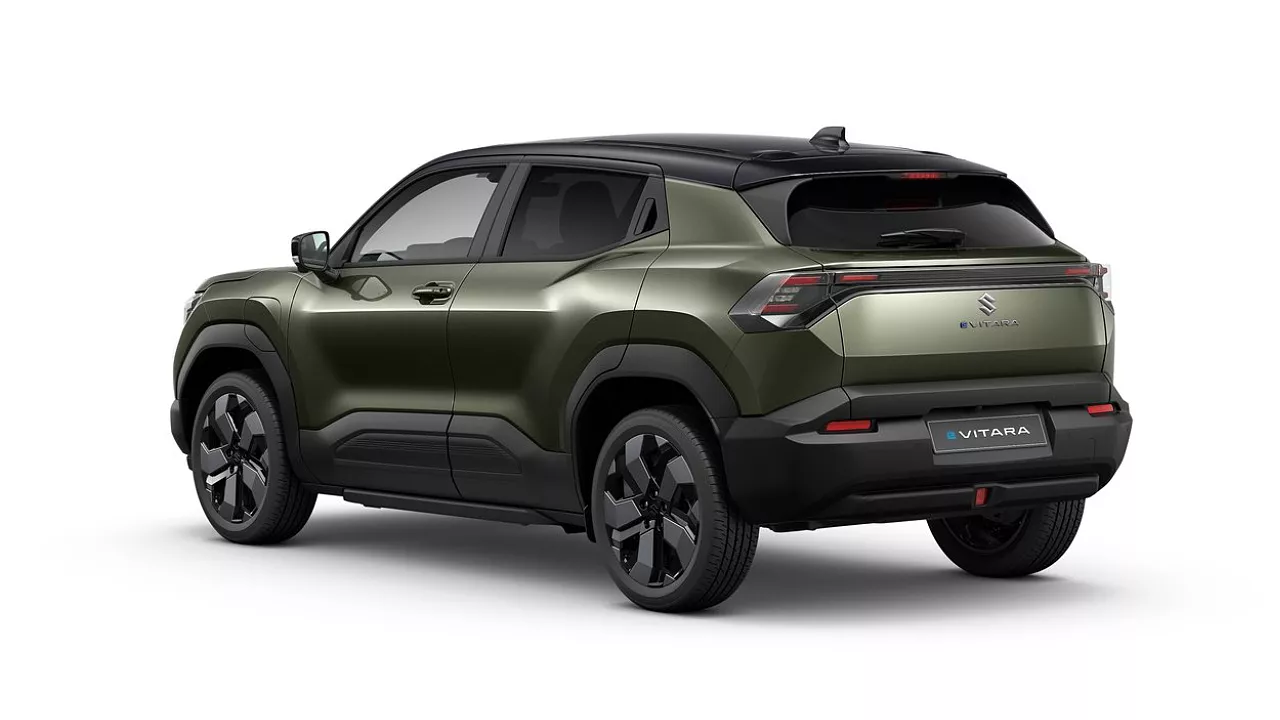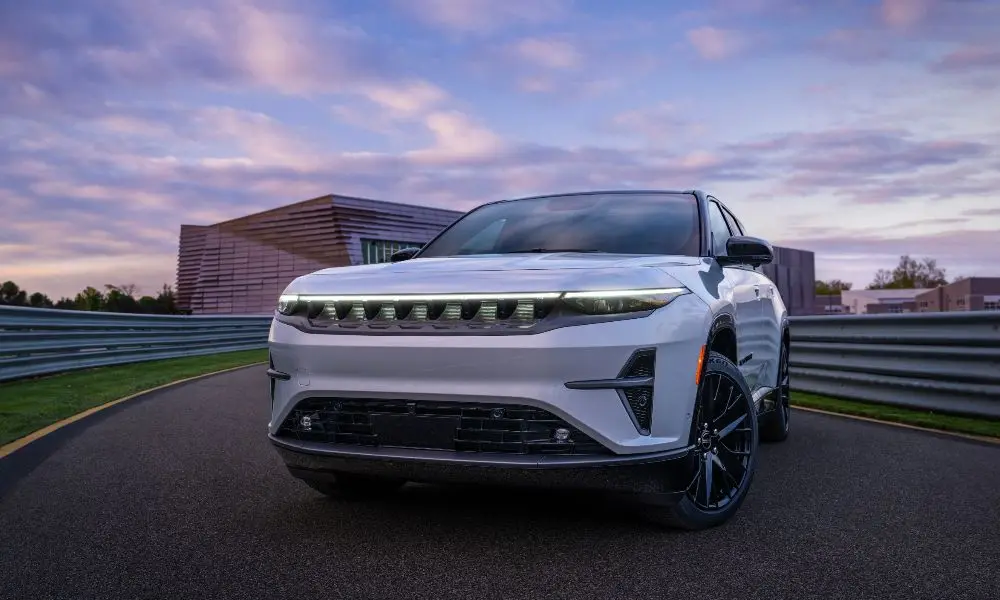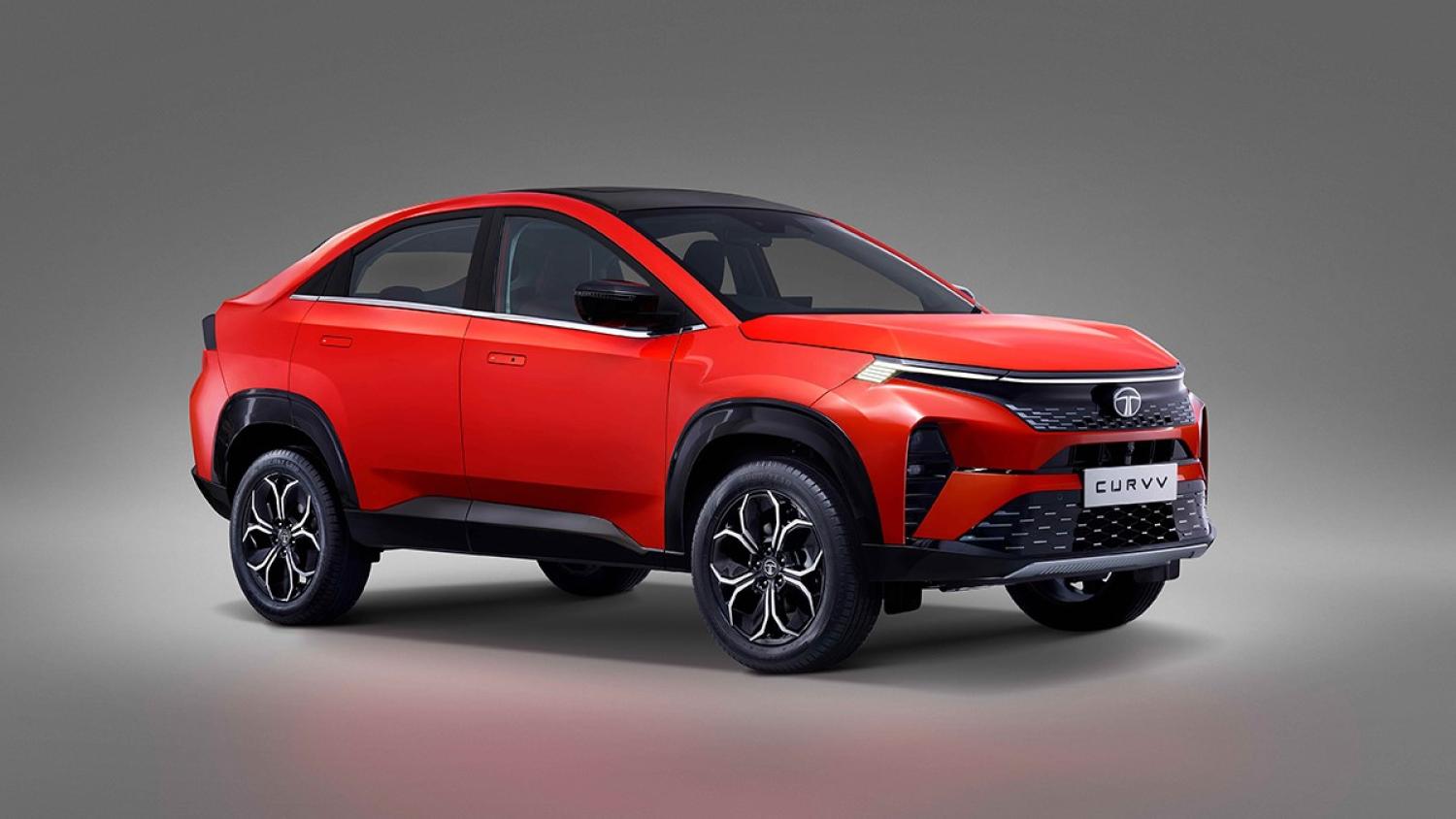The electric vehicle (EV) market in India is growing rapidly, with new models being introduced across various segments. Among these, electric multipurpose vehicles (MPVs) are gaining traction due to their versatility and spacious interiors. These vehicles are ideal for families and those needing extra cargo space. Here, we delve into three highly anticipated electric MPVs set to launch in India, offering a blend of innovation, performance, and sustainability.
1. Mahindra eKUV100
Mahindra has been a frontrunner in the Indian EV market, and the upcoming Mahindra eKUV100 is set to strengthen its position further. This compact electric MPV is designed to cater to urban families and is expected to be a game-changer in the segment.
Key Features:
- Battery and Range: The eKUV100 is expected to come with a 15.9 kWh lithium-ion battery, offering a range of approximately 147 km on a single charge. This makes it suitable for city commutes and short trips.
- Design: Retaining the compact and stylish design of the KUV100, the electric version will have subtle changes to distinguish it as an EV.
- Technology: It will feature an advanced infotainment system with connectivity options like Bluetooth and smartphone integration. The vehicle will also have climate control and keyless entry.
- Price: Expected to be competitively priced around ₹8.25 lakhs, making it one of the most affordable electric MPVs.
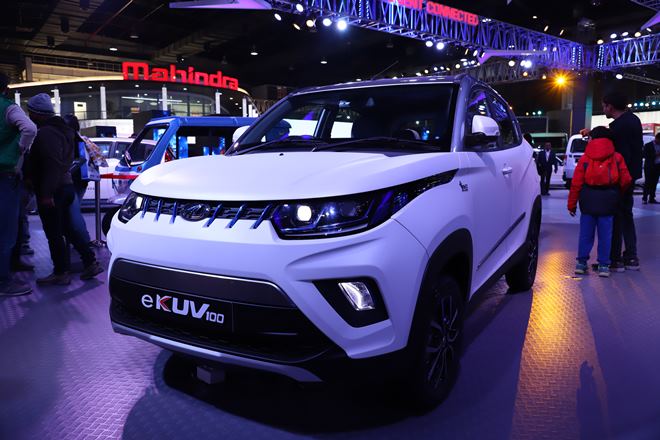
2. Tata Nexon EV MPV
Tata Motors is another key player in the Indian EV market, with successful models like the Nexon EV. The company is now venturing into the MPV segment with an electric version that promises to blend performance with practicality.
Key Features:
- Battery and Range: The Tata Nexon EV MPV is expected to come with a 30.2 kWh battery, providing a range of around 312 km. This will cater to both urban and long-distance travel needs.
- Design and Comfort: The MPV will feature a spacious cabin with premium materials. It is expected to have a modern design, including Tata’s signature grille and sleek LED headlights.
- Safety and Technology: Equipped with advanced safety features such as multiple airbags, ABS with EBD, and a reinforced body structure. The infotainment system will include a touchscreen display with Android Auto and Apple CarPlay.
- Price: Likely to be priced around ₹15-17 lakhs, offering great value for its range and features.
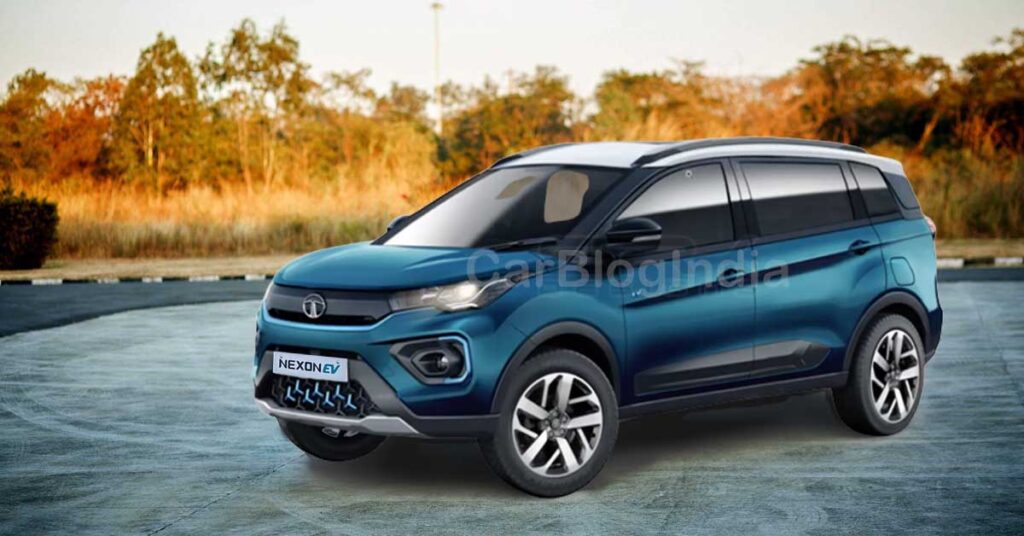
3. MG Hector Plus EV
MG Motor has been making waves in the Indian market with its feature-rich and stylish vehicles. The MG Hector Plus EV is set to take the electric MPV segment by storm, offering luxury, technology, and sustainability.
Key Features:
- Battery and Range: The Hector Plus EV is expected to feature a large battery pack that will provide a range of around 400 km, making it ideal for long trips and daily use.
- Interior and Comfort: Known for its luxurious interiors, the Hector Plus EV will offer plush seating, ample legroom, and a panoramic sunroof. It will also feature a multi-zone climate control system.
- Advanced Features: The vehicle will be packed with advanced features, including a large touchscreen infotainment system with AI-based voice commands, a 360-degree camera, and connected car technology.
- Price: Expected to be on the higher end, around ₹20-25 lakhs, positioning it as a premium offering in the electric MPV market.
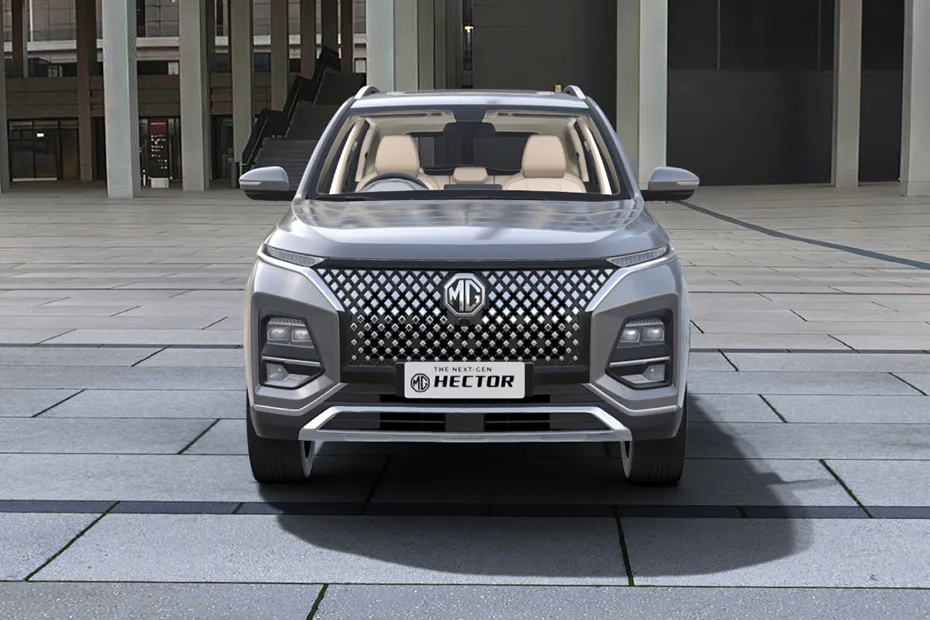
Conclusion
The introduction of these three electric MPVs—Mahindra eKUV100, Tata Nexon EV MPV, and MG Hector Plus EV—marks an exciting time for the Indian automotive market. Each vehicle brings unique features and strengths, catering to different segments of the market. The Mahindra eKUV100 is ideal for budget-conscious buyers looking for an affordable and compact MPV. The Tata Nexon EV MPV offers a balance of performance and practicality, while the MG Hector Plus EV stands out as a premium, feature-rich option.
Read this also- Kia Carens Achieves 1.5 Lakh Sales Milestone
As the market for electric vehicles continues to grow, these MPVs will provide Indian consumers with eco-friendly options that do not compromise on space, comfort, or technology. With their launch, India will move closer to a sustainable automotive future, reducing its carbon footprint while offering versatile transportation solutions.

